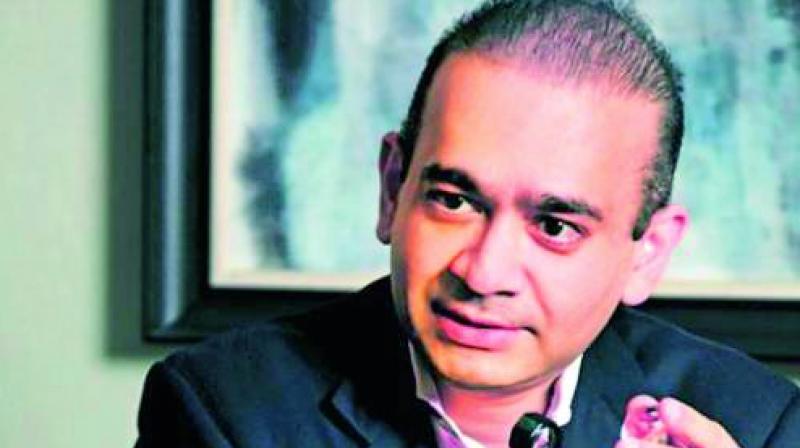A total failure of oversight at PNB

Are banks meant for robbing? This could well be true given the number of daylight robberies by well-heeled customers like diamantaire Nirav Modi and Winsome Diamonds’ Jatin Mehta (Rs 7,000-crore fraud), penmaker Kotharis of Kanpur (Rs 2,919-crore scam) and the Harshad Mehtas before them. The '9.5 lakh crore non-performing assets banks are saddled with is also plain loot, largely by big borrowers. The government’s chief economic adviser, Arvind Subramanian, added fuel to the fire by saying the NPAs could well be 20-30 per cent more than what is known so far, and recognised and has suggested more banks should be privatised. While the buck for the Rs 11,300-crore PNB scam stops at the door of the Reserve Bank’s banking supervision wing, it’s curious the government that has called for an explanation from the RBI on the PNB scam. The bank’s board, after all, has representatives from both the RBI and the government under the Banking Regulation Act. What were these people doing as they were privy to the foreign exchange deals reported to the PNB board?
The Corporation Bank Officers Organisation has noted that the bank’s foreign exchange business is also subject to “foreign exchange audit” by the bank as well as the RBI, and it also goes through seven different audits. It’s thus very disturbing that none of these worthies noticed anything amiss with the PNB’s checks and balances systems. Conversely, does it mean the auditors were just careless in doing their job? If so, it implies nothing has changed since the disgraceful performance of auditors of Satyam Computer Services, under whose watch Satyam’s promoter Ramalinga Raju could loot '7,000 crore from the company. Amid the scenario of repeated multi-crore scams in state-owned banks, there’s a rising demand to privatise most of the banks. The Modi government seems to be open to this, and the sooner it’s done, the better. State-owned banks handle around 70 per cent of loans disbursed, and it’s big borrowers that get a huge chunk of these loans.
The raison d’etre for which banks were nationalised in 1969 by then Prime Minister Indira Gandhi — to give loans to the underprivileged, who were ignored by the private sector banks — no longer exists. There are many micro-financing companies today catering to the small borrowers. The government can help these institutions. There’s an advantage too in privatising banks as in case of losses it’s only the bank and its shareholders who suffer. In case of state-owned banks, the government is involved and spends crores in recapitalising banks. This money is the people’s hard-earned money. There will also be better regulation as the bank officials will be answerable to the shareholders.

